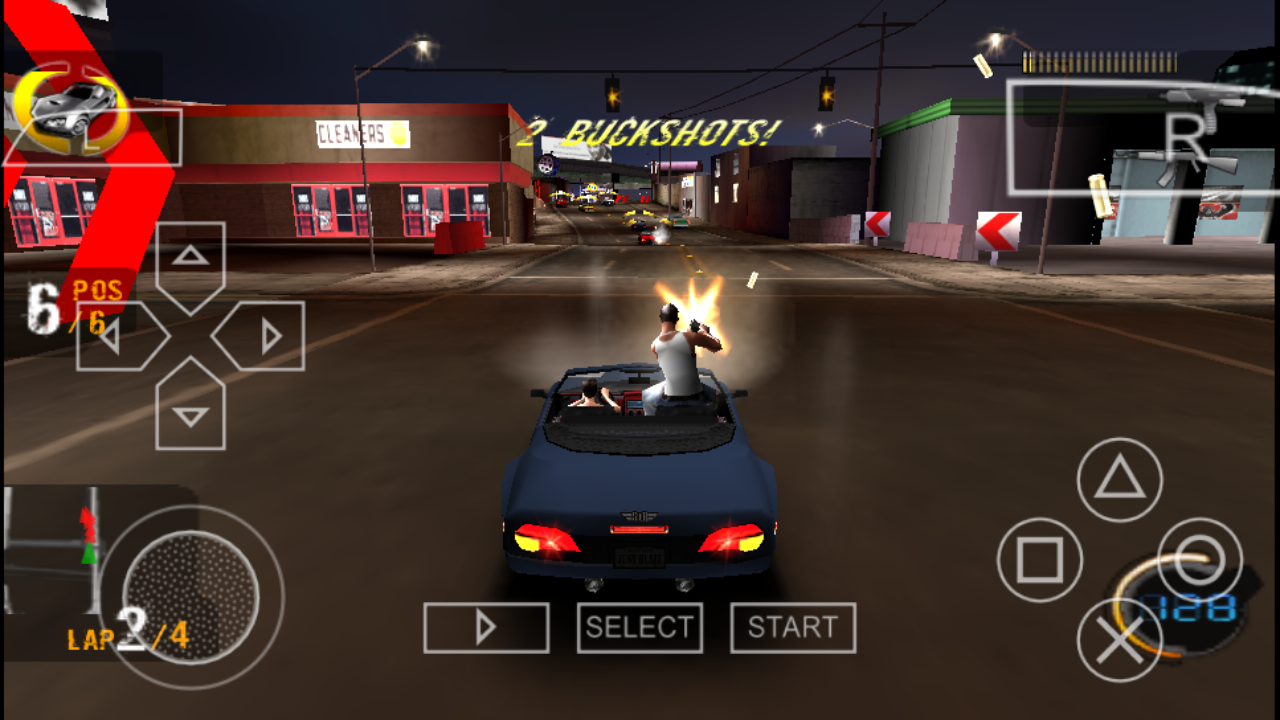
-1.jpg)
Emulating a Game Legallyįor the most part, emulators in and of themselves do not fall under any copyright infringement, depending on their purpose. And owners are lately deciding to enforce because they’re able to have a revival of selling these games on mobile."īut as Kane pointed out, if there’s no company to stand up and claim ownership of the game, it’s likely that nothing will happen to a gamer who downloads an emulated version. People might tolerate the emulation of certain games, … but if the actual owner decides to enforce against you, then you would be in the wrong. It comes down to enforcement, at the end of the day. “Someone owns it, but determining that chain of title is often difficult. “If it was a real video game company - and the games people cared about were from real video game companies - someone bought those assets…out of bankruptcy,” Boyd explained. Thus, downloading it from a ROM hosting site would be a form of copyright infringement. “There are no hard-and-fast categories, but you’re on somewhat safer ground there, especially if the game is no longer sold and there’s no easy way to get it in playable form,” Stoltz said.īut often, defunct companies’ assets are purchased, so even if the company no longer exists, some other firm may own the right to their game(s). In these cases, there’s a stronger claim for emulating to fall under fair use. One reason people may seek an emulated ROM game is because the company that made it no longer exists, making the title hard to find. “The nostalgic early video games are probably going to be under copyright until at least when their original players are in their 60s and 70s,” Boyd said.

Plus, every 20-30 years copyright statutes are reevaluated. Things like where and when the game was made and who owns it are all factors. You can see how much situations vary here. Determining exactly how long a video game copyright can last is complicated, though. Gregory Boyd, partner and co-chair of the Interactive Entertainment Group at Frankfurt Kurnit. But Kane could not immediately think of any examples of companies doing this over emulated video games.Īnd if you’re waiting for some of the oldest games to enter the public domain, you’ll be waiting for a while - “decades, and decades and decades,” according to S. Kane noted, however, that there are companies that take these things “very seriously,” and there have been cases where companies sued individuals for downloading something, even if it was for non-commercial use. “I think it’d be rare and approaching never that they go after individual downloaders,” he said.
#WII ISO GAMES ROMSUP CODE#
So the emulator itself may be copyright violation of the code in the platform or the code in the console, and then the games themselves would be copyright infringing items, assuming they’re games that are owned by a third party and the third party has not authorized their use,” Sean Kane, co-chair of the Interactive Entertainment Group at law firm Frankfurt Kurnit Klein & Selz, explained.
#WII ISO GAMES ROMSUP SOFTWARE#
“If you’re hosting the site, you potentially could be liable for direct infringement of a copyright in the game, as well as the emulator may have software of some of the code from the console or platform that the game runs on. All the lawyers agreed that emulation sites are committing copyright infringement if the games they offer are protected by owners as copyrighted material (which they usually are).

Unless you want Nintendo to come after you for $150,000 an incident, forget about hosting ROM downloads. To find out more about how the law views game emulators, I spoke with three different intellectual property lawyers. While those sites were sharing Nintendo ROMs, the act of downloading them is also likely illegal, even if you already own those games on an old cartridge or disc.


 0 kommentar(er)
0 kommentar(er)
